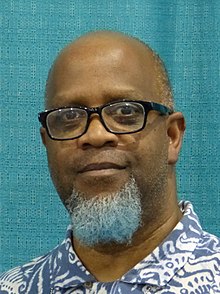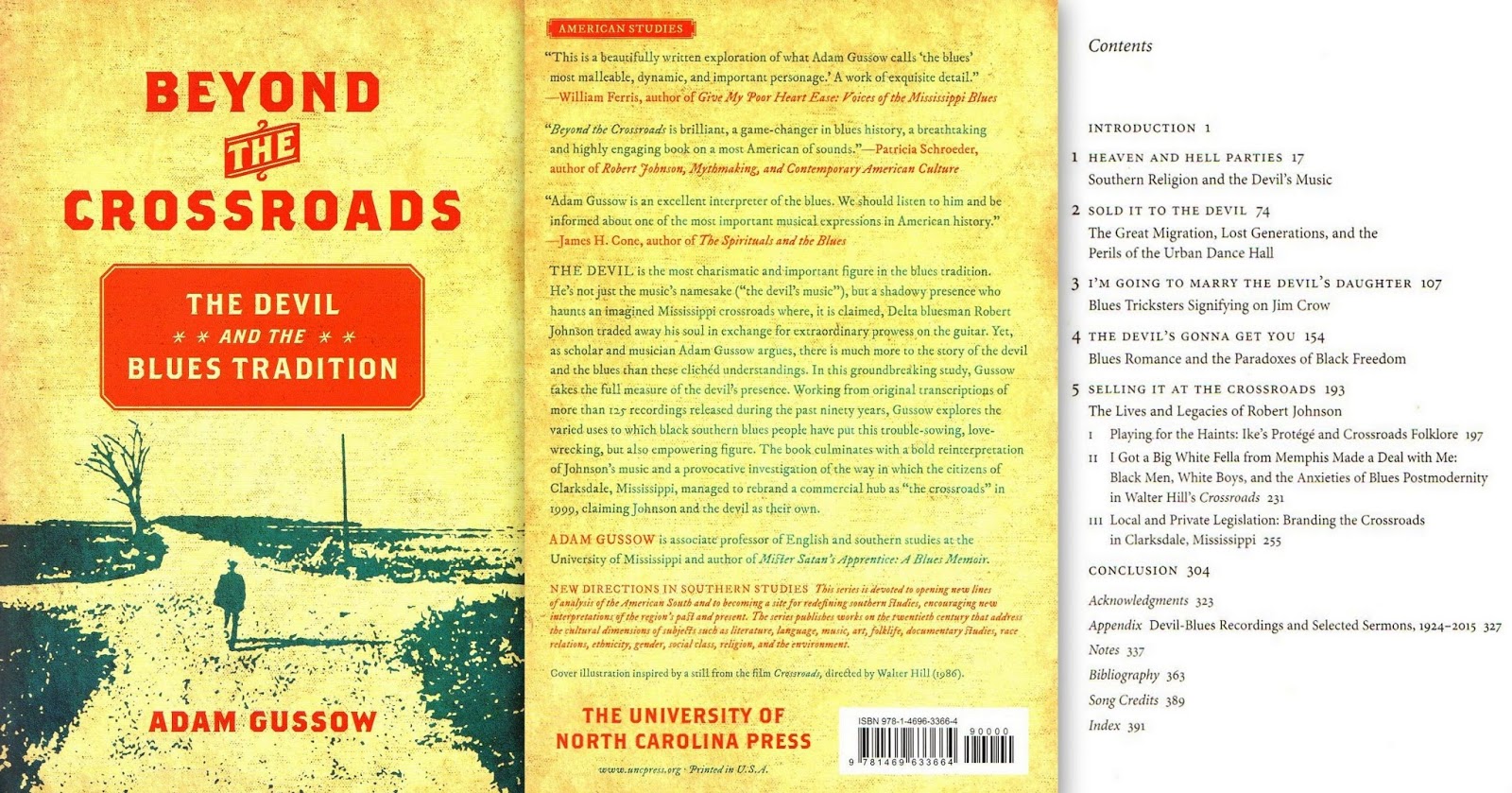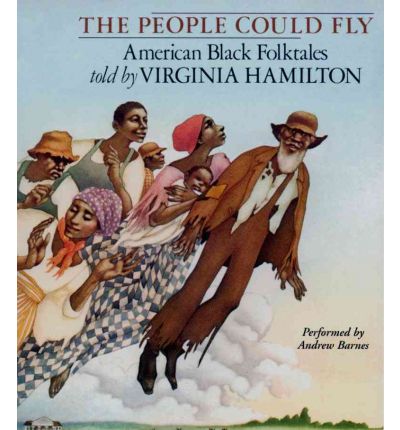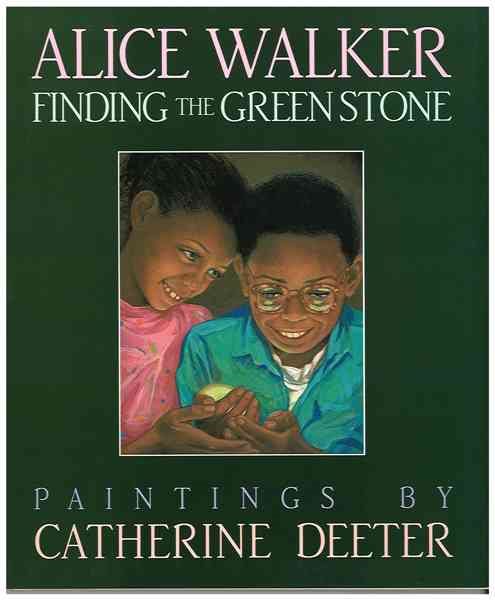You are using an out of date browser. It may not display this or other websites correctly.
You should upgrade or use an alternative browser.
You should upgrade or use an alternative browser.
Michael B Jordan: "We don't have any Black mythology or Folklore"
- Thread starter Cadillac
- Start date
More options
Who Replied?Gil Scott-Heroin
Veteran
Yes, because you shouldn't, and don't, need a book to tell you to live "righteously" - not only are you insinuating Black folks, intrinsically, are incapable of basic human cognitive processes to live a morally-just life on their own (without the need of a mental construct-belief in a God), but that Black folks who don't dye their fabric in the colors of theism are incapable of living a morally correct life - that most definitely is irresponsible, maniacal, bigoted and destructive rhetoric. Then you had the nerve to talk about "whitewashing" as if atheism isn't a method of synaptic overriding of a beliefs system that White folks used to keep us distracted, docile, and without human-value.I'm irresponsible,maniacal and destructive,but not the athiest who are seeking to turn black people away from god?one being a cac? you really called me maniacal and destructive for telling black people they need to read a book that tells us to live righteously,think about how ridiculous you sound.
You're really out here advocating for folks to be banned because 'how dare they think and act for themselves'.
Last edited:
Shadow
Enjoy your life and loved ones.
Toni MorrisonLet's ask a more grounded question. What black authors have written any fiction? Mythical or fantasy? Or otherwise?

Dwayne McDuffie

Kyle Baker

Jimmie Robinson

N.K. Jemisin

And many more.
Yes, because you shouldn't, and don't, need a book to tell you to live "righteously" - not only are you insinuating Black folks, intrinsically, are incapable of basic human cognitive processes to live a morally-just life on their own (without the need of a belief in a God), but that Black folks who don't dye their fabric in the colors of theism are incapable of living a morally correct life - that most definitely is irresponsible, maniacal, bigoted and destructive rhetoric. Then you had the nerve to talk about "whitewashing" as if atheism isn't a method of synaptic overriding of a beliefs system that White folks used to keep us distracted, docile, and without human-value.
You're really out here advocating for folks to be banned because 'how dare they think and act for themselves'.
This is the spirit self judging you,because I didn't say anywhere black people are incapable. But black people have been led astray in many regards due to whitewashing by the european society,and through the disfunction of white supremacy. The bible is the living book,that is neccessary to reach and remind black people who have been led astray. Religion is best set up to council black people back into righteous healthy lifestyles,women back into becoming women,men back into being men. The bible is the solution to all of our problems,right there in one book. So excuse me for directing black people to the blueprint of living righteously and saving our community
 .
.I see you would rather give athiest free reign to shyt on god and religious people like myself,not to mention you hoped for me to kill myself I'm guessing with "banning myself from life"

Lack of spirituality is european. The lack of belief in a higher power than ourselves is european. The belief in white science over indigenous spirituality is european.
I didn't advocate banning of all athiest,If you can be a athiest and shut up about it,you are fine. I said those who try to push athiesm as the truth,and convince others.
You wished for my suicide,I'm wishing for black people to get back into the bible,and read it for themselves in an empowering way,where the people in it look like them. You did this in a thread where we are talking about lack of black mythology and folklore.
IllmaticDelta
Veteran
Fam, are you Ameribrehs even aware that Robert Johnson's crossroads meeting with the devil who taught him the blues in 1 or 3 nights is mythology?
What do you mean you don't have your own stories?Man, I just can't.


Yep... even the Tall Tales has African American Folk Heroes...
Like someone else posted earlier John Henry.
Nat “Deadwood dikk” Love
Stagecoach Mary aka “White Crow”
And although whites have whitewashed Alfred Bulltop Stormalong, Captain Stormalong is a folk story that originated from the slaves.
The issue is that many of us are simply not interested enough in our history to study it. Many of us are ashamed of our slave history when we should be proud of it and embrace it. I’ve heard people mention on here that they are sick of seeing slave movies that are portrayed in Hollywood. That they want other stories. I love them and wish they would produced more. Although it’s great to go back to Africa and tell those stories too, our history, identity, sense of place, and community was forged here. So the stories I have a priority to hear are those that were born on American soil. 300 out of the 400 years we’ve been here, we were slaves, so I want folks to understand that’s it’s okay if we keep telling those stories. And we need to own them, otherwise we are at the mercy of them being told by whites or forgotten all together.
It is okay,but we are wise enough to see a pattern when that is all that was being made,and Hollywood was profiting off of our pain,while not wanting to portray us in any other fashion but victimhood. If there was no outcry,we would probably be on "12 years a slave part 7" by now. Can't see how people are coming at Michael B Jordan,I would love to see a Fred Hampton movie,he is one of my many heroes. We don't need mythology when we have real heroes who's real stories come out as mythology,how about those stories get told! Our whole history in america is "mythology". We don't have any folk lore from a hollywood standpoint that would be famous enough to make a movie about. The fact black people don't know these stories is proof of that.So I get Michael B's point,but tell our real stories of our real heroes.
This is the spirit self judging you,because I didn't say anywhere black people are incapable. But black people have been led astray in many regards due to whitewashing by the european society,and through the disfunction of white supremacy. The bible is the living book,that is neccessary to reach and remind black people who have been led astray. Religion is best set up to council black people back into righteous healthy lifestyles,women back into becoming women,men back into being men. The bible is the solution to all of our problems,right there in one book. So excuse me for directing black people to the blueprint of living righteously and saving our community.
I see you would rather give athiest free reign to shyt on god and religious people like myself,not to mention you hoped for me to kill myself I'm guessing with "banning myself from life"
Lack of spirituality is european. The lack of belief in a higher power than ourselves is european. The belief in white science over indigenous spirituality is european.
I didn't advocate banning of all athiest,If you can be a athiest and shut up about it,you are fine. I said those who try to push athiesm as the truth,and convince others.
You wished for my suicide,I'm wishing for black people to get back into the bible,and read it for themselves in an empowering way,where the people in it look like them. You did this in a thread where we are talking about lack of black mythology and folklore.

Is it really the biggest?the biggest folkloric tale from america, black or white
Where did u hear that? Not that I'm doubting u
IllmaticDelta
Veteran
IllmaticDelta
Veteran
Is it really the biggest?
yes
Where did u hear that?
...when I was doing some research on American Folk Songs
By the 1870s, the Ballad of John Henry surfaced in the south. For 35 years, the work song would be heard by convicts on chain gangs, miners and railroad workers before it was ever written down on paper. It was sung as a reminder of the dangers of working too fast as well as the threat that laborsaving tools posed to their jobs.
During the Great Migration, between 1915 and 1918, a half-million black workers moved north to meet increasing demands for factory labor in the industrial cities. These workers brought their music, spreading the tale of John Henry. The 1920s brought the first copyrighted version and recording of the Ballad of John Henry.
Throughout the 20th century, John Henry became a pop culture figure with nearly 200 recorded versions of the ballad, various movies, plays and novels. In 1993, DC Comics even made a comic book hero, John Henry Irons, who picked up a sledgehammer to assist Superman in his attempt to battle evil. During the ‘20s to ‘40s, militant labor agitators used the image of John Henry to personify the American working class.
For over a century John Henry has resonated among the marginalized during eras of uncertainty for workers. The story illustrates the resentment and fear felt by many Americans when it saw that companies were more concerned with streamlining production and wealth than with the health and safety of their employees. But the story also touches on American workers’ determination to prove their ability against insurmountable obstacles with every last breath.
John Henry—Folk hero | UFCW Local 324
John Henry
The contrast between Paul Bunyan and John Henry could not be greater. John Henry, the "Steel-Drivin' Man," was a truly popular folk hero whose famous contest is attested in popular folksongs dating back to the late 19th century. It is generally acknowledged that "John Henry" is the best known and most recorded American folk song. As you will find out this week, it is actually many folksongs, attested in many different versions sung by very different sorts of singers.
It seems fairly certain that the John Henry legend derives from a historical incident, although scholars disagree about where the event might have taken place. Some argue that the contest between John Henry and the steam drill took place near Birmingham, Alabama during the building of the Coosa Tunnel for the C&W Railroad in 1887-8. Other scholars argue that John Henry worked on the C&O Railroad expansion into the Ohio Valley, and that the contest took place during the building of the Big Bend Tunnel in Summers County, West Virginia during the 1870's.
Although it is not clear exactly where and when the story might have taken place, the substance of the story is the same. John Henry was a "hammer-man" whose job was to drive a steel drill into the rock, building tunnels through mountains to allow the railroad to pass on through. The hammer-man was helped by a shaker (or turner), whose unenviable job was to bend down and twist the drill after each blow of the hammer. After the hole was deep enough, explosives would be placed inside and the rock would be blasted out. When the railroad company proposed using a steam-drill to replace the hammer-man, John Henry agreed to a day-long contest, man against machine. John Henry won the contest, but died as soon as it was over.
Many of the folksongs tell us that John Henry was married, and they emphasize his role as a husband or as a father. Other songs focus on the grief of John Henry's mother after his death. Still other songs tell us that there were many women who mourned John Henry's passing. Clearly, for many of these folksingers, John Henry was a symbol of both physical prowess and potency. Some of the folksongs also include the story of his birth, and his own prediction that the "Hammer's gonna be the death of me." Other songs protest the brutal working conditions or the poor pay that the railroad workers received. Geoff Edgers provides an excellent overview of the different meanings of John Henry's legend as expressed in the many different folksongs that tell the story:
A hero becomes what you need. So in the ballad, John Henry's makeup depends on who is telling his tale. Is he a strong, black man driving the railroad west? A husband and father? A sweaty, sexual dynamo swinging the hammer? A symbol of futility because he died on the job or an inspiration because he beat the white man's steam-drill?
Considering that John Henry did clearly exist - and that we know the color of his skin - it's surprising how rarely his race is mentioned. [...] It's likely that the black singers, whether prisoners or blues men, took his race as a given, seeing no need to mention it. He is their Paul Bunyan. In the case of Johnny Cash, race had nothing to do with the ballad. This was a union song, not a civil rights anthem. After all, John Henry, as ultimate working-class hero, has been embraced by disparate groups: black prisoners, white mountain musicians, college folk revivalists, elderly blues singers. Most Southern states have claimed him, as does Maine in Woody Guthrie's version, even though he was likely born in North Carolina or West Virginia.
The connector is this valiant battle, man against machine, man against boss, man against the power structure that keeps his people (African-Americans? laborers?) in chains. He's a hero to Woody Guthrie, a warning to Mississippi John Hurt, an inspiration to the chain gang. From verse-to-verse, generation-to-generation, the story changes to suit the singer. The name and steel-driving solitude stay the same.
American Legends (Myth-Folklore Online)
Hopeofmypeople
Veteran
You nikkas need to read up about Shango and the African pantheons. Michael B Jordan is simply ignorant on the topic.
IllmaticDelta
Veteran
Emerging lore
Railroad Bill's growing legacy of miraculous escapes, which would ultimately number about seventeen, led to a profusion of tongue-in-cheek stories by African Americans taunting the failure of authorities to hem in the nationally-famous desperado.[27] The general theme of their stories was that he could change at will into an animal or an inanimate object to avoid capture.[28] There also emerged an African American folk ballad in 1895 that celebrated his exploits.[29] Titled "Railroad Bill," the ballad has been sung ever since by an inordinate number of musicians employing varying lyrics but always with a bad-man theme.[30] It also became popular in Europe and Australia after Lonnie Donegan, the "King of Skiffle," produced an eminently popular rendition in the 1950s. His version of "Railroad Bill" influenced a generation of young British artists, including The Beatles.[31]




